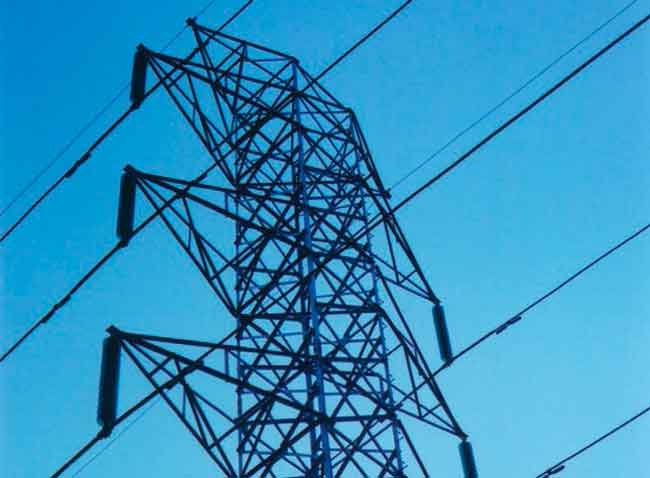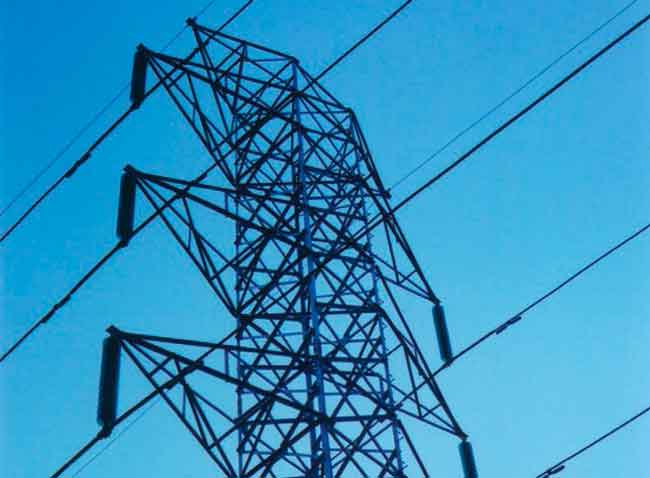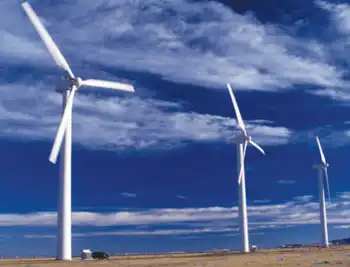ScottishPower completes first carbon capture pilot
The pilot has been running for the past three months and was the first UK CCS pilot to be installed at a working coal-fired plant. Although the official report is not scheduled to be published for another month, IIR Europe understands that the preliminary results show that the process is cheaper to run than originally projected.
This will be of great interest to other energy companies looking at CCS solutions, as the tremendous cost associated with implementing carbon-capture solutions is the key reason why CCS technology has been so slow to get off the ground.
In the UK, the government has said that there will be no permission given to build coal-fired plants unless they come with a CCS component from day one.
A successful pilot bodes well for ScottishPower's chances of receiving vital government funding to scale the 1-megawatt (MW) pilot project up to a large-scale 330-MW demonstration project by the government's deadline of 2014. After the Drax Power Station in North Yorkshire, Longannet is the UK's second-largest coal-fired plant and the third-largest in Europe. The facility has an output of 2,304 MW from four 600-MW turbines.
The technology being used by ScottishPower comes from Norwegian company Aker Clean Carbon. The process strips out CO2 using chemical solvents, and the gas is then pressurised and liquefied, allowing it to be piped beneath the seabed for storage in depleted gas fields and oil fields. The prototype CCS plant at Longannet is an exact small-scale replica of a full-size CCS plant. Weighing in at 30 tonnes and covering an area of 85 square metres, it is capable of processing 1,000 cubic metres of exhaust gas per hour from Longannet.
Since the pilot started, ScottishPower has begun working on the storage aspect of CCS. It has signed up Shell UK, a subsidiary of Royal Dutch Shell plc and National Grid plc to help create a viable method of transporting and storing the captured CO2. National Grid controls the UK's gas pipeline network, while Shell brings a wealth of experience from the exploration and production of oil and gas, as well hands-on experience from other undersea CO2-storage projects.
In related news, at the third Carbon Sequestration Leadership Forum, the CO2 Capture Project released what it called 'breakthrough findings' from a five-year study of CO2 capture and storage technologies. The group claimed that the safe, long-term geological storage of CO2 underground is achievable, while the capture of CO2 emissions is shown to be technically and economically possible using a range of methods that have undergone thorough testing.
Having tested more than 200 capture technologies, about 10 technologies, covering the whole range of techniques (post-combustion, pre-combustion, oxy-fuel) designed for use in various industries, are now being evaluated for potential demonstration. Post-combustion was identified as the most likely short-term option for capturing CO2 from gas-fired power stations, although pre-combustion may be more viable in the medium term. The preferred CO2-capture method for oil refineries was oxy-fuel combustion, offering the greatest potential, both technically and economically, for capturing CO2 emitted by the largest source in oil refineries, the fluid catalytic cracking unit.
As for heavy oil and tar sands, the CO2 Capture Project said that a novel advanced oxy-firing technology, known as chemical looping combustion, has the technical and economic potential in the mid-term for scaling up to capture CO2 from heavy oil and tar sand steam extraction processes.
Related News

TTC Bans Lithium-Ion-Powered E-Bikes and Scooters During Winter Months for Safety
TORONTO - The Toronto Transit Commission (TTC) Board recently voted to implement a ban on lithium-ion-powered electric bikes (e-bikes) and electric scooters during the winter months, a decision that reflects growing safety concerns. This new policy has generated significant debate within the city, particularly regarding the role of these transportation modes in the lives of Torontonians, and the potential risks posed by the technology during cold weather.
A Growing Safety Concern
The move to ban lithium-ion-powered e-bikes and scooters from TTC services during the winter months stems from increasing safety concerns related to battery fires. Lithium-ion batteries, commonly used in…




